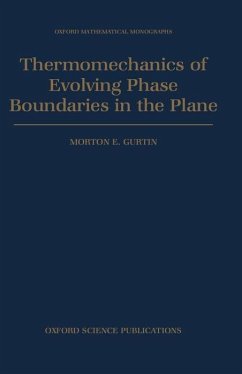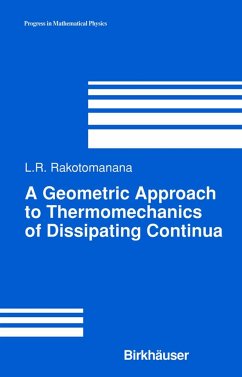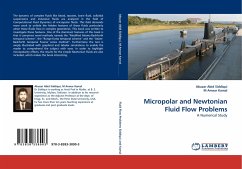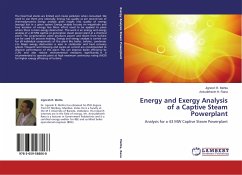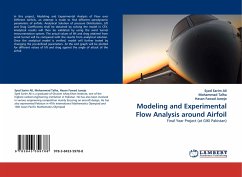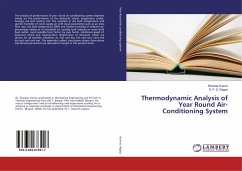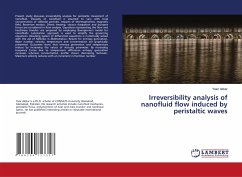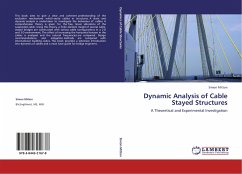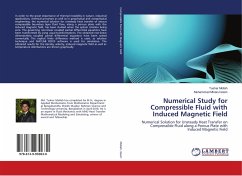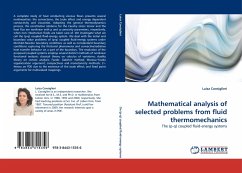
Mathematical analysis of selected problems from fluid thermomechanics
The (p-q) coupled fluid-energy systems
Versandkostenfrei!
Versandfertig in 6-10 Tagen
45,99 €
inkl. MwSt.

PAYBACK Punkte
23 °P sammeln!
A complete study of heat conducting viscous flows presents several nonlinearities: the convections, the Joule effect and energy dependent conductivity and viscosities. Adopting the general thermodynamics process, the constitutive relations for the Cauchy stress tensor and the heat flux are nonlinear with p and q coercivity parameters, respectively, when non- Newtonian fluids are taken care of. We investigate what we call the (p-q) coupled fluid-energy system. We deal with the initial and boundary value problems of (p-q) coupled fluid-energy systems under Dirichlet-Newton boundary conditions as...
A complete study of heat conducting viscous flows presents several nonlinearities: the convections, the Joule effect and energy dependent conductivity and viscosities. Adopting the general thermodynamics process, the constitutive relations for the Cauchy stress tensor and the heat flux are nonlinear with p and q coercivity parameters, respectively, when non- Newtonian fluids are taken care of. We investigate what we call the (p-q) coupled fluid-energy system. We deal with the initial and boundary value problems of (p-q) coupled fluid-energy systems under Dirichlet-Newton boundary conditions as well as nonstandard boundary conditions capturing the frictional phenomena and convective/radiative heat transfer behavior on a part of the boundary. The resolution of the proposed coupled systems employs several distinct methods of nonlinear functional analysis: classical theory on calculus of variations; duality theory on convex analysis; Faedo- Galerkin method; Moreau-Yosida regularization argument; compactness and monotonicity methods; L1- theory on PDE due to the existence of the Joule effect; and fixed point arguments for multivalued mappings.



